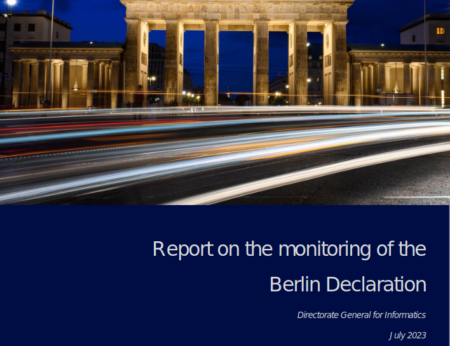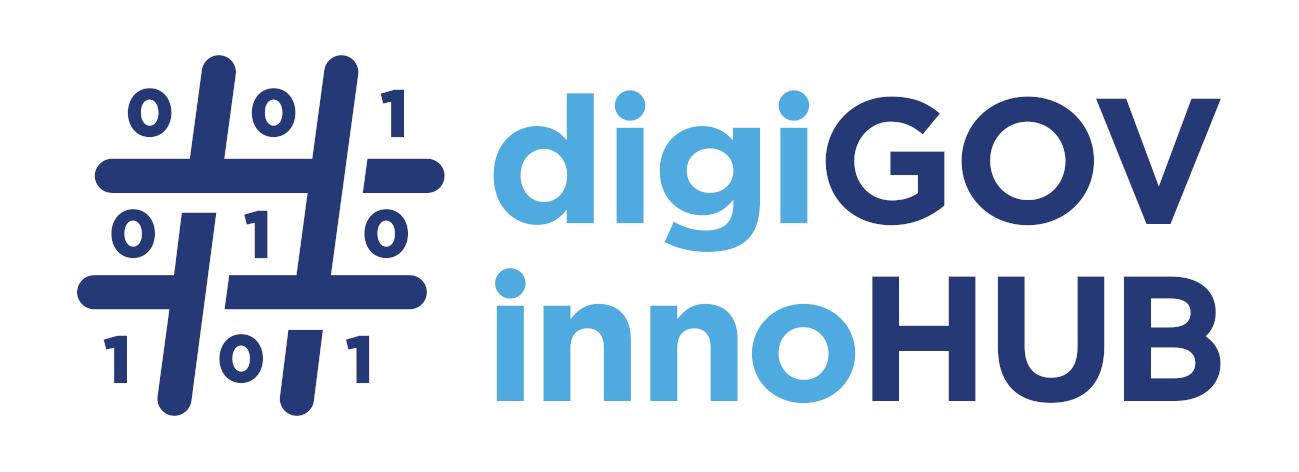On Monday 17 July, a report on the implementation of the 2020 Berlin Declaration on value-based digital government was published. Digital and interoperable public services are instrumental for the EU to remain resilient, competitive and innovative. A major driver for successfully digitalising European society and the economy is fair, inclusive, open and trusted digital services.
The Berlin Declaration is a commitment based on fundamental rights, democratic values and value-based digital government to shape a human-centred digital transformation and interoperability and to create a digital society. It provides input for monitoring the Digital Decade Policy Programme 2030 and the associated European Declaration on Digital Rights and Principles.

This weeks’ published report on the progress of the Berlin Declaration shows the following positive trends:
- Member States have continued to put in place strategies, projects and councils to promote fundamental rights and democratic values in the digital sphere.
- Member States have introduced new strategies and initiatives such as trainings, to increase their citizens’ digital skills and competences.
- Member States are putting in place human-centred systems and innovative technologies in the public sector.
Despite the progress on digital literacy and innovative technologies in public services, there is room for improvement. Member States have made less progress in enhancing social participation and inclusion and need to work more on strengthening trust through security in the digital sphere.
With insights into these findings, the report offers plenty of examples of good practices for policymakers, business and citizens towards value-based and interoperable digital governments.


